Denali Changes10 Billion Pounds of Organic Matter into Fertilizer
Agwired
OCTOBER 30, 2024
Organic recycling company Denali today announced it has transformed over 10 billion pounds of organic byproducts into natural fertilizers, according to its newly released third annual sustainability report detailing findings from 2023. Fertilizer and chemicals remain the largest on-farm expenditure accounting for 17.5%



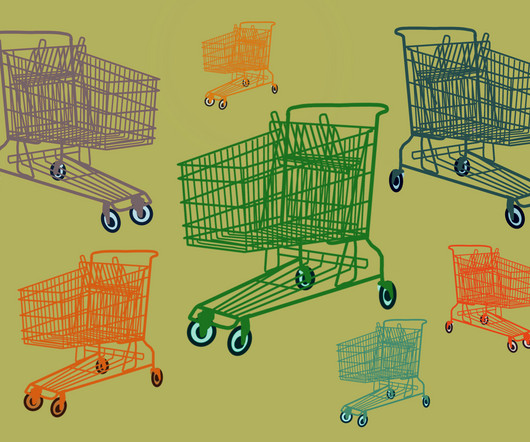
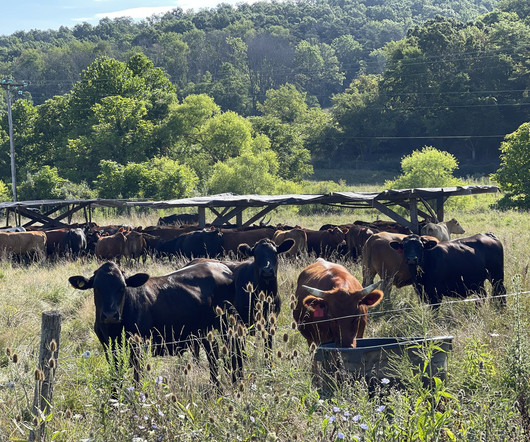

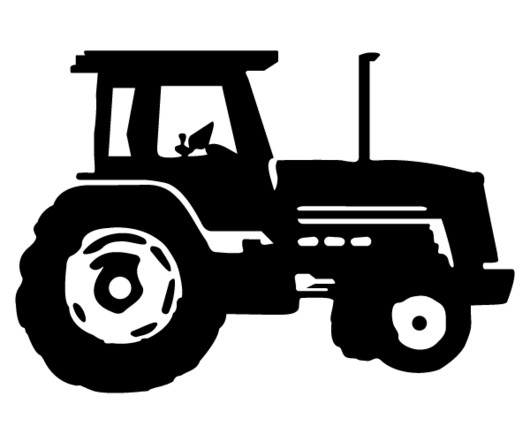
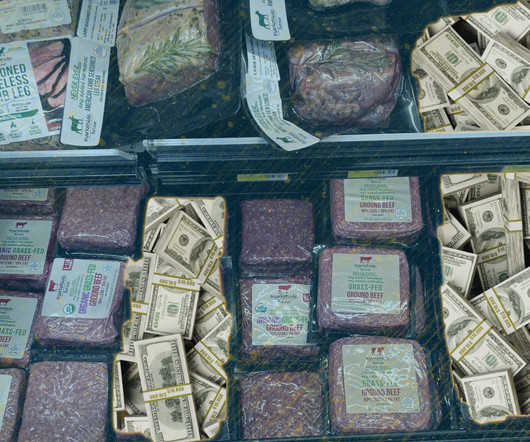



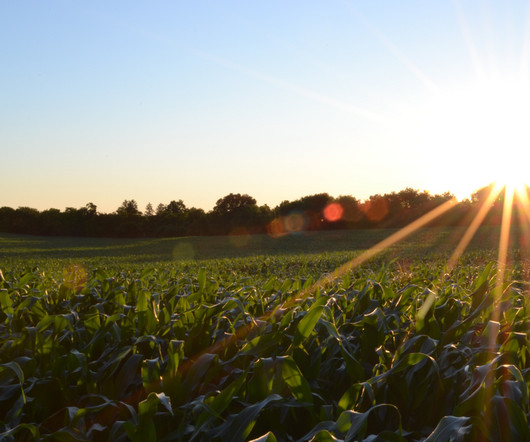








Let's personalize your content